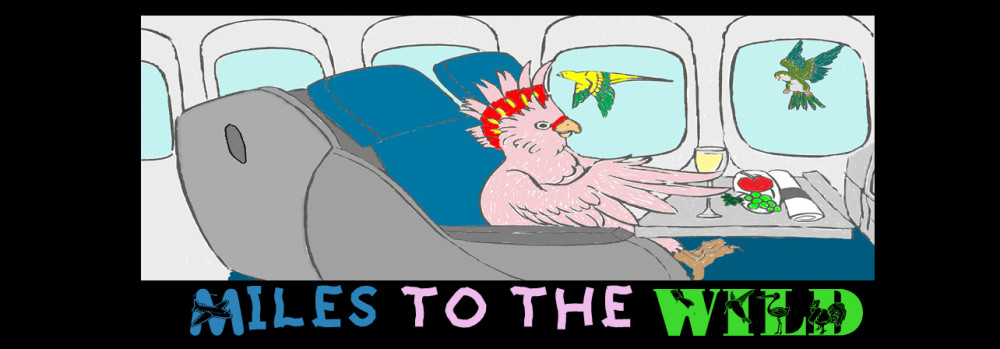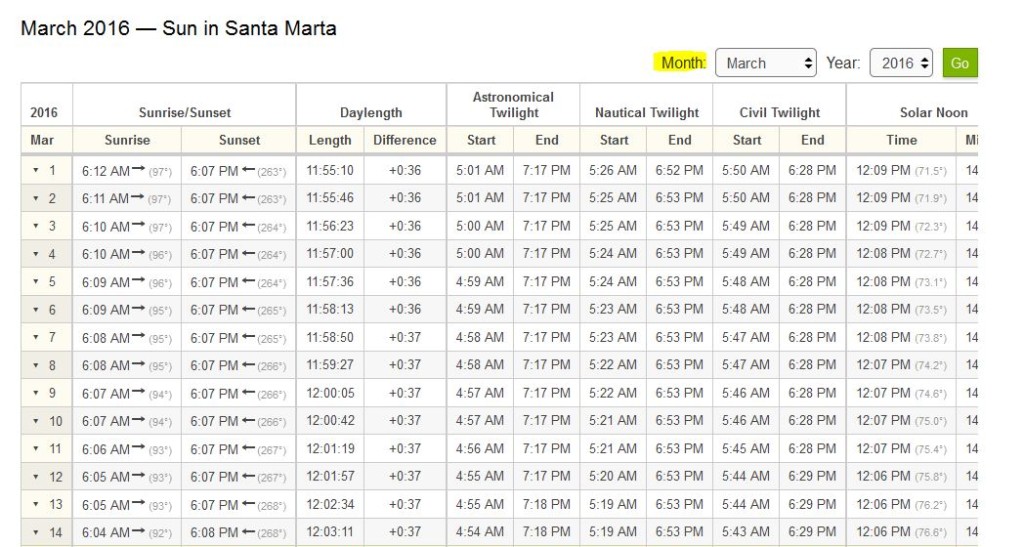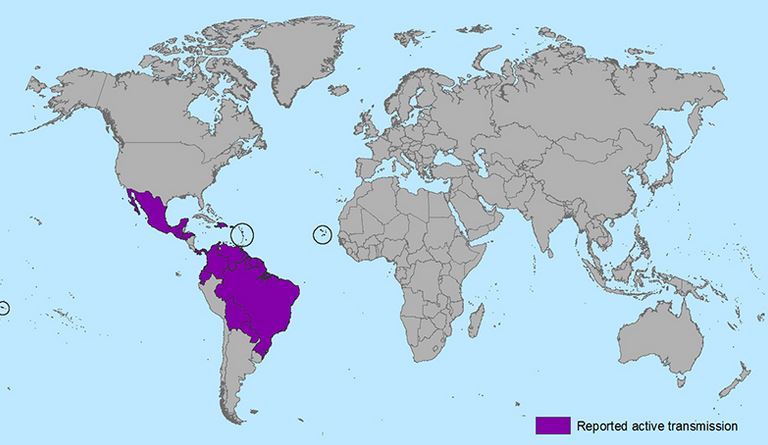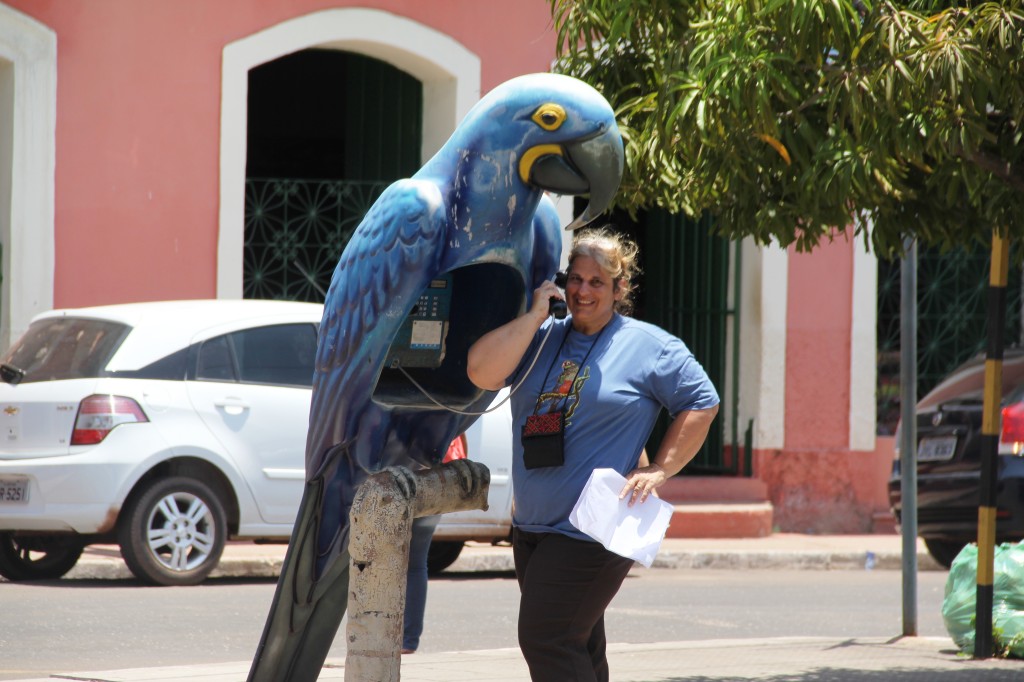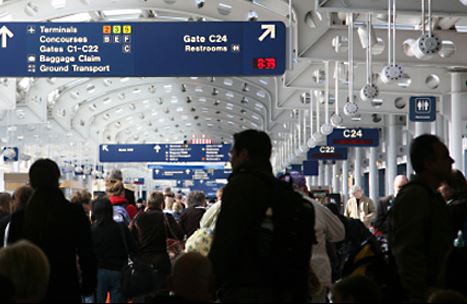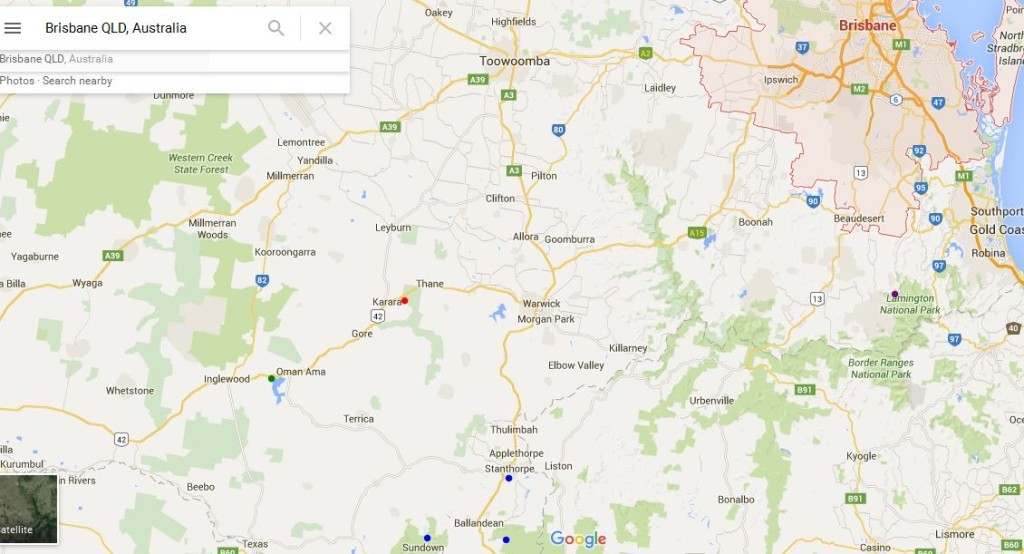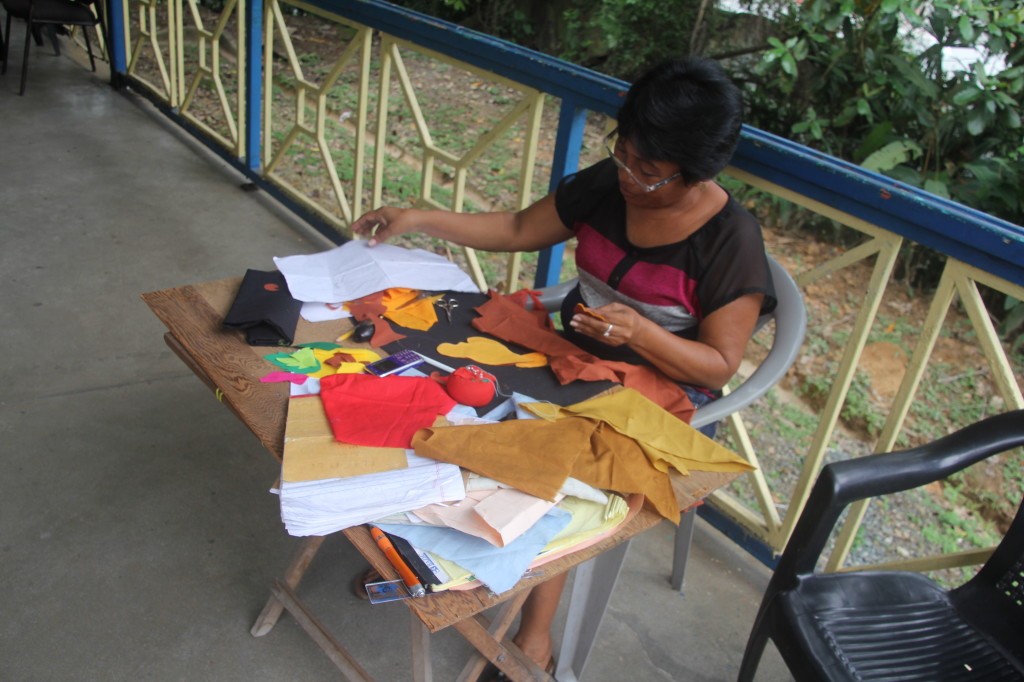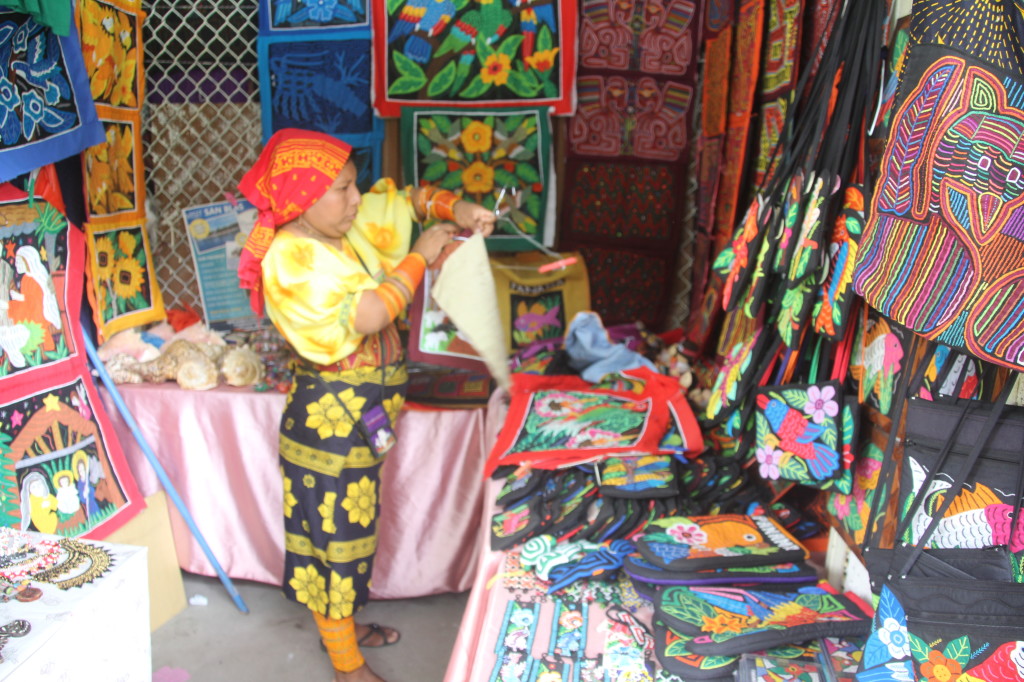If you want to go birding overseas but you don’t have a lot of money, you need to put a lot of time and effort into the planning of the trip. After all, more financially advantaged people could simply call a birding tour operator, pay the fee and have everything organized for them! So here’s how I plan my trips.
ONE TO THREE YEARS IN ADVANCE
At this point I am in the miles-collecting stage. I have a bucket list of trips I want to do and which airline’s programs will get us there. It can take awhile to accumulate the miles as Australia is pretty far from everywhere! I’ll be applying for credit cards and directing spend to credit cards that will get us to the planned destinations. I’ll also be maximizing category spends (for example grocery stores with 3 x points per $) and trying for retention bonuses.
I will also be researching key bird species and where to find them, then working out the best place to see them and choosing spots that offer the best bang for my buck – meaning more species in addition to the key species. I’ll be reading reviews of eco-lodges and working out how to book them.
TEN TO TWELVE MONTHS IN ADVANCE
Flights open up for booking around 11 months in advance so since I want to get the best flight with my miles I book as soon as I see them open for sale. I’ll book seat assigments and if the only option involves a bank of 3, I will try to get a free middle seat. I will also have made contact with some eco-lodges and probably made a soft booking with confirmation to come once I have the flights booked. I give preference to lodges that make it easy for me and accept credit card or Paypal for the deposit. I HATE wire transfers as they have every disadvantage you can think of. They cost money in transfer fees, you have to have the cash on hand and you don’t earn miles for them. If bird species can be seen in more than one country, all else being equal, I would choose the country that makes it easier for me to visit – no visa or visa on arrival.
FOUR TO TEN MONTHS IN ADVANCE
I’ll be booking accommodation using portals to maximize points and paying with miles earning credit cards. I try to stagger them every couple weeks to spread out paying for them. I’d be contacting guides for rough estimates on guiding fees and making any arrangements for permits or national park bookings. If I have a self-drive birding excursion, I’d be booking car rentals around this time.
TWO TO FOUR MONTHS IN ADVANCE
I’ll be double-checking entry requirements to make sure they didn’t change visa requirements for Australians and applying for any required visas as they are usually only valid for 90-180 days. I usually have all accommodation booked by now although some may be only under deposit. I’ll also be checking eBird for recent bird sightings and making any adjustments necessary.
ONE TO TWO MONTHS IN ADVANCE
Final payments are usually due around this time for lodges that I have under deposit. I will start lining up any guides that have to be booked in advance or letting the lodge know that we need one so they can arrange it. I’m still checking eBird and keeping on top of weather issues such as rainy seasons or roads closed by flooding. I’ll start organizing any foreign currency I need to arrive with for taxis and first day expenses. I’ll also be monitoring my flight bookings for changes and checking seat charts to see that they haven’t been changed or no one has taken the middle seat. Since I have pet birds, I will organize my birdsitter around this time.
LAST MONTH BEFORE TRAVEL
I’m basically just tying up loose ends by now as everything should be well organized. More monitoring of flights, Trip Advisor, eBird, currency rates. I make sure all my bills are pre-paid until at least the month we get back. I notify banks/credit cards where we are going so we don’t get fraud notices.
TWO DAYS BEFORE TRAVEL
If my airline offers online check in, I will do this. We will be packed by this time with all batteries charged and ready to go. I double check the birdsitter and bank accounts to be sure there is enough to cover the cash withdrawals I will be making on the trip. I’ll double check on how we are getting to the airport which is usually by bus unless it’s an early flight in which case we’d get Uber or taxi. I’ll email the first few lodges to reconfirm and remind them we are coming.
All documents will be packed and triple checked as I am paranoid about forgetting something important. We get the house in order and make sure everything is locked up. I like to update any programs on my laptop and iPhone apps before we go and then turn off automatic updates as I don’t want a lengthy download happening someplace with slow internet.
